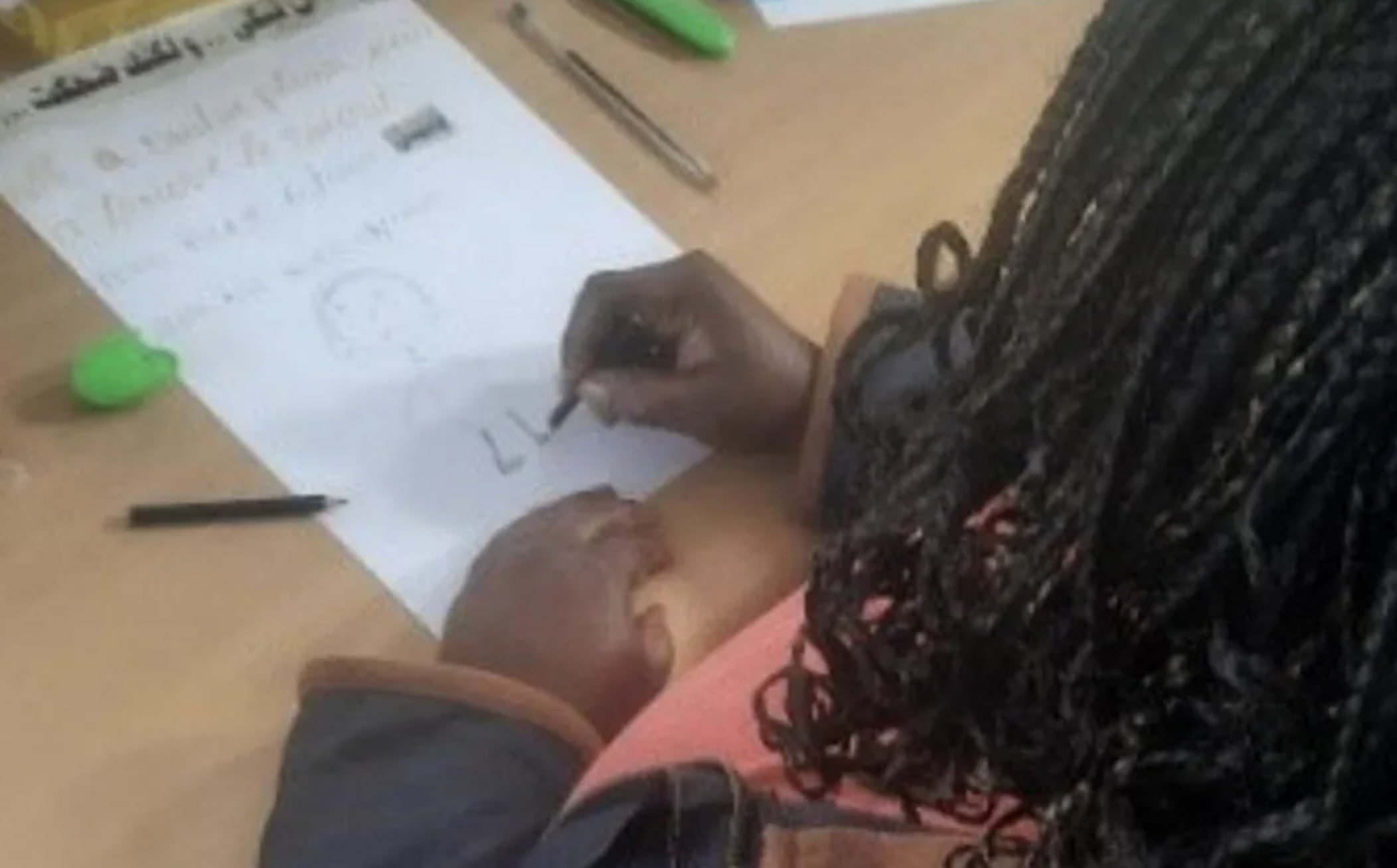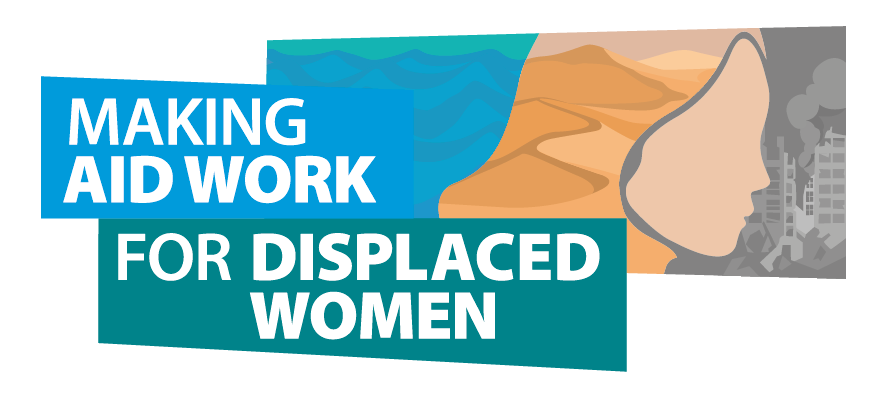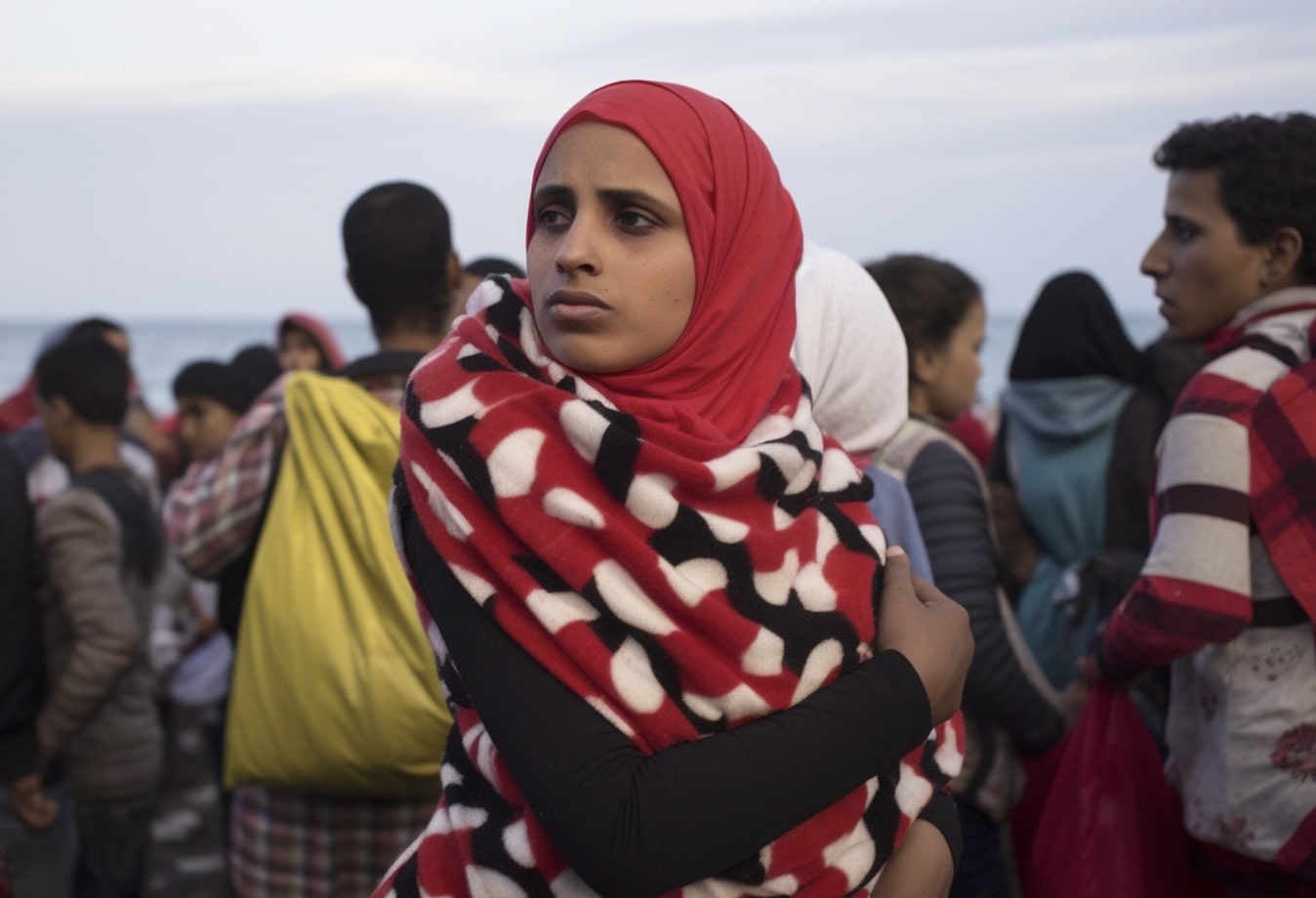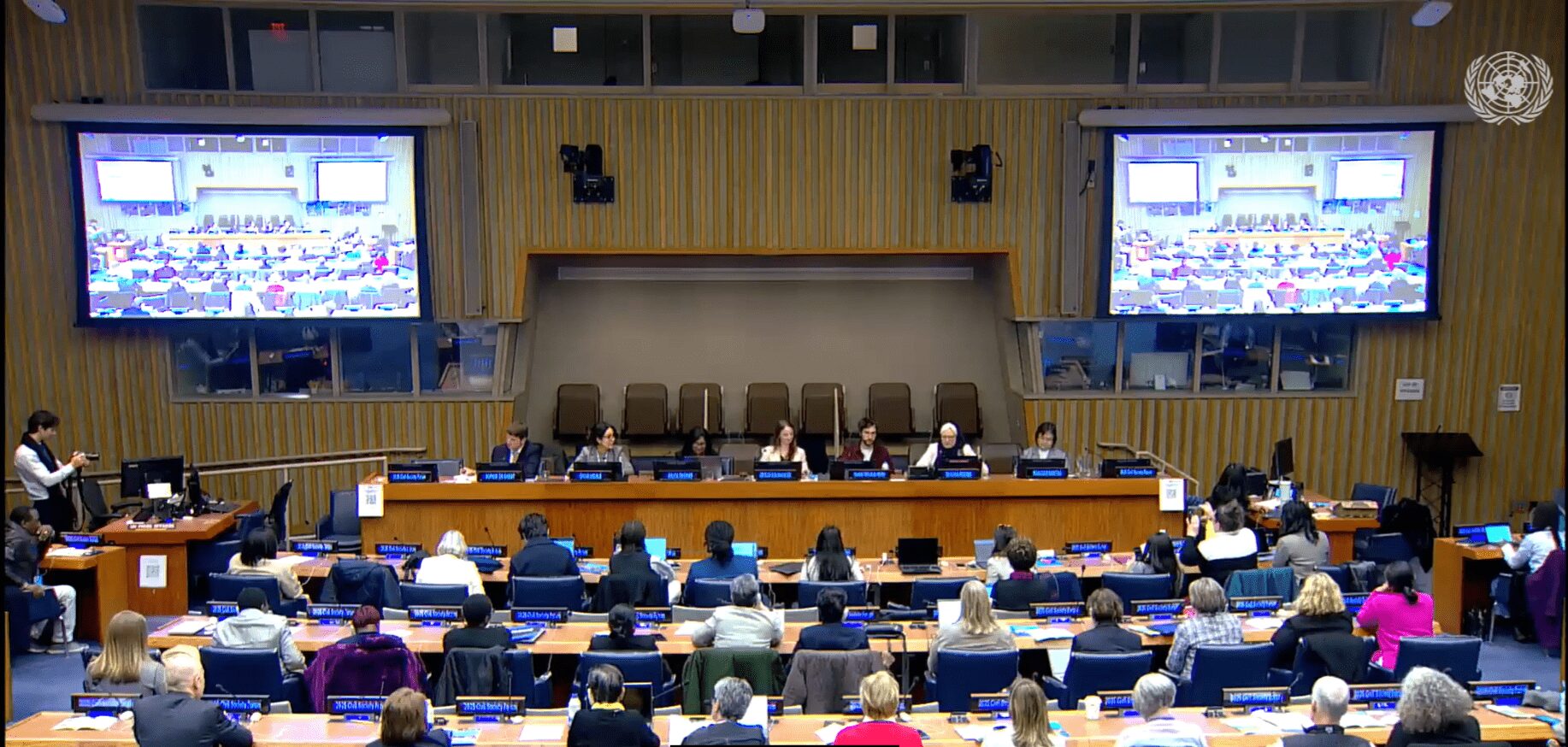
19 March 2025
At the premises of the 69th Commission on the Status of Women (Beijing +30), Dr Sandra Pertek has launched a new briefing, “Addressing the needs of women and girls on the move: Toward an inclusive, intersectional and culturally sensitive approach”. Co-authored with Dr Esther Sharma (KCL) and Dr Esther Azasi (QMU), the briefing explores the multidimensional needs of women and girls on the move and suggests recommendations to make aid work for women across different stages of forced migration, including in domains such as protection, sexual and reproductive health, maternal and newborn health, mental health, spiritual, livelihoods, education and accommodation.
Globally, women in general are subjected to persisting gender inequalities. These inequalities are often exacerbated in displacement situations. The number of displaced people has doubled in the last decade. In 2024 alone, over 120 million people were forcibly displaced, with women and children comprising more than half. The majority were estimated to originate from, and be hosted by, the Organisation of Islamic Cooperation (OIC) countries.
Displaced women and girls are less likely than men and boys to have access to rights, resources and services due to wide-ranging structural and patriarchal disparities and barriers. Accumulative factors such as lack of documentation and financial resources, language barriers, male-centred routes to seeking international protection, travelling alone or as part of a family group, and restrictive immigration policies intensify exclusion, violence and discrimination towards women during the refugee journey and in places of an imagined refuge. For example, displaced women may be disproportionately affected by limited access to food, health care, shelter, education and work than displaced men or women in the general population. Women’s rights are violated both because of dire conditions in forced displacement and because of the discrimination and violence that women and girls experience in peacetime, which are exacerbated during armed conflict.
Read the full briefing here



